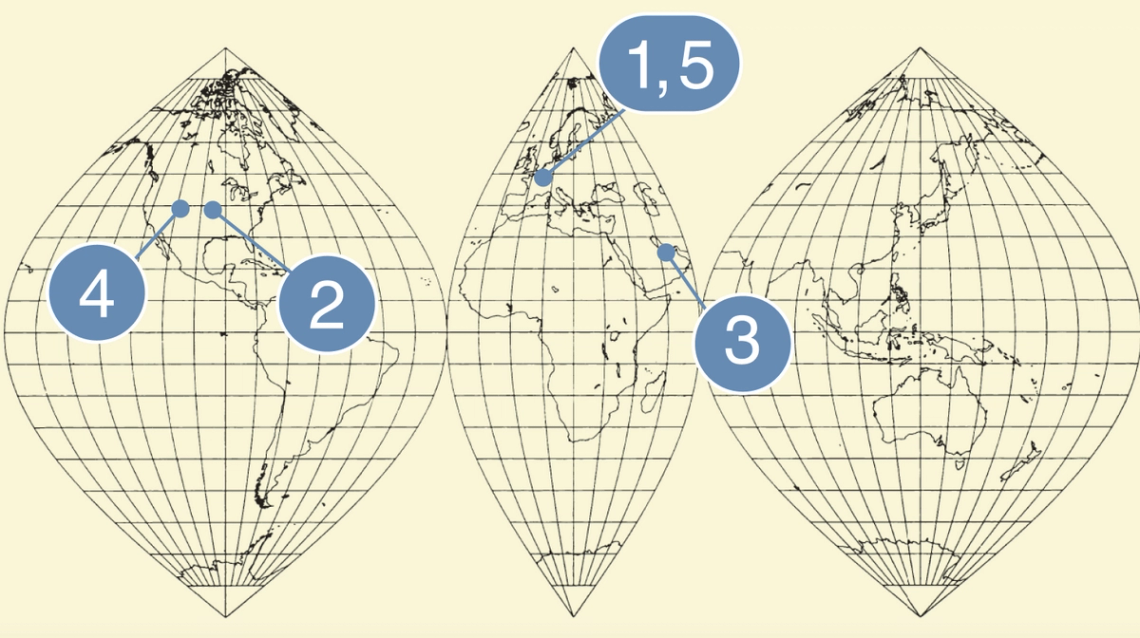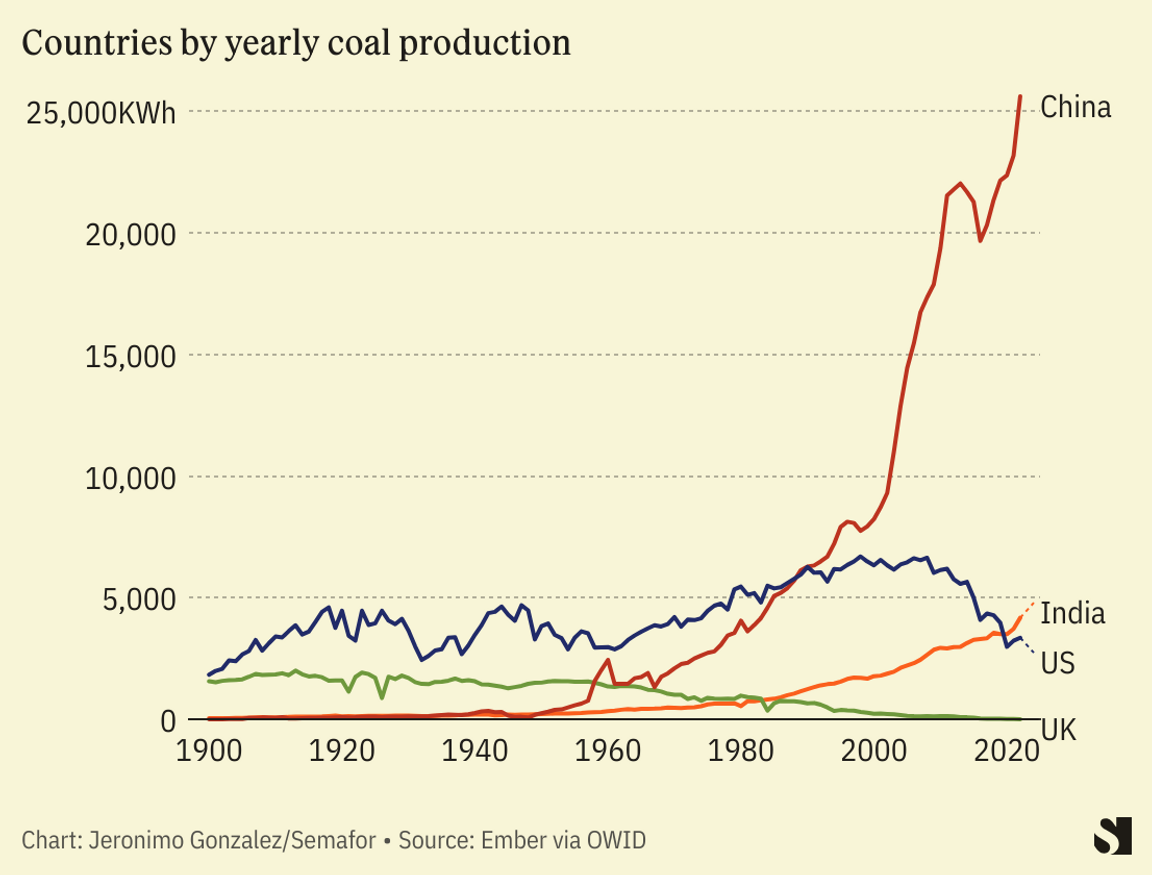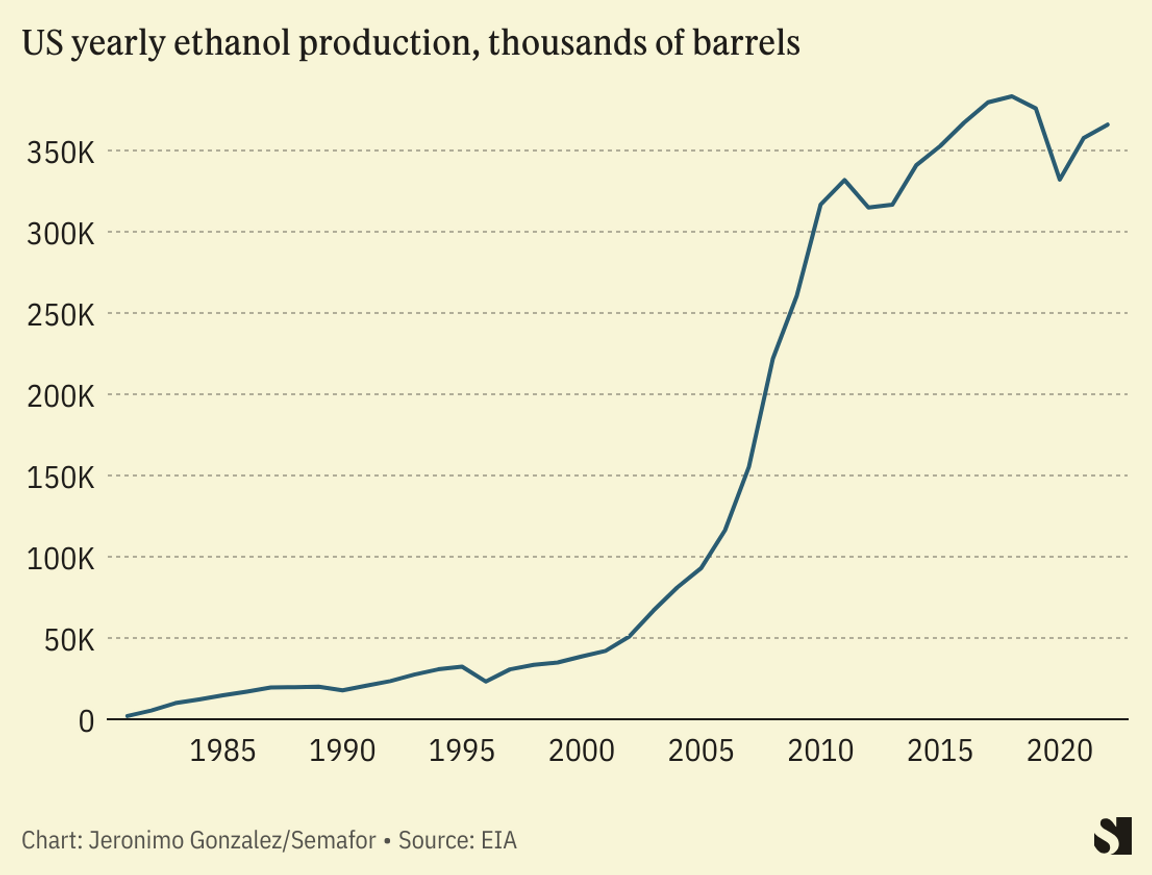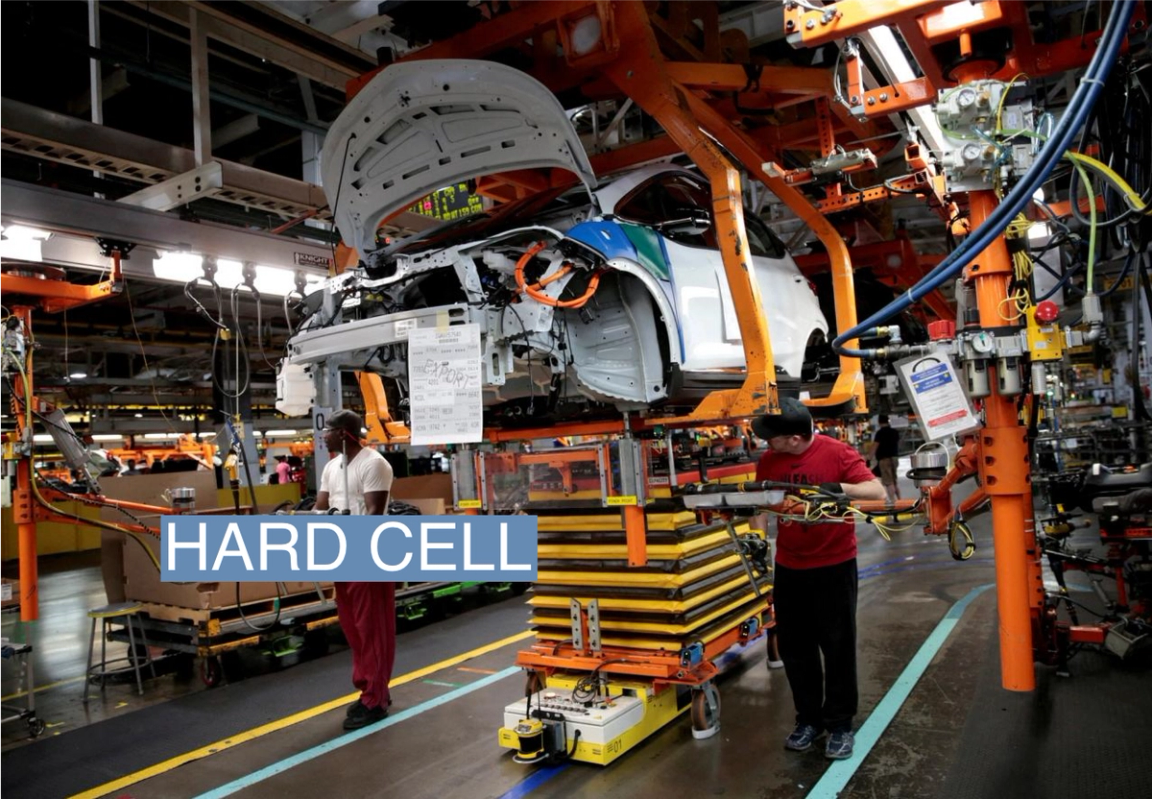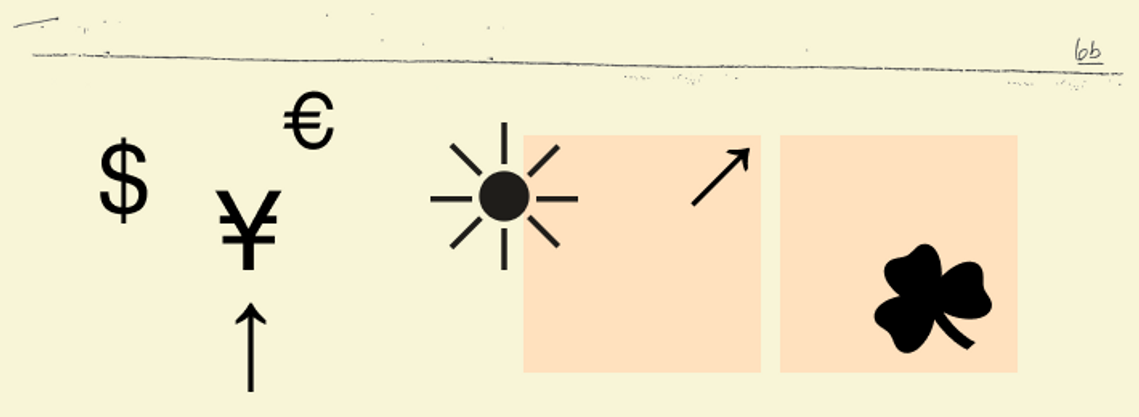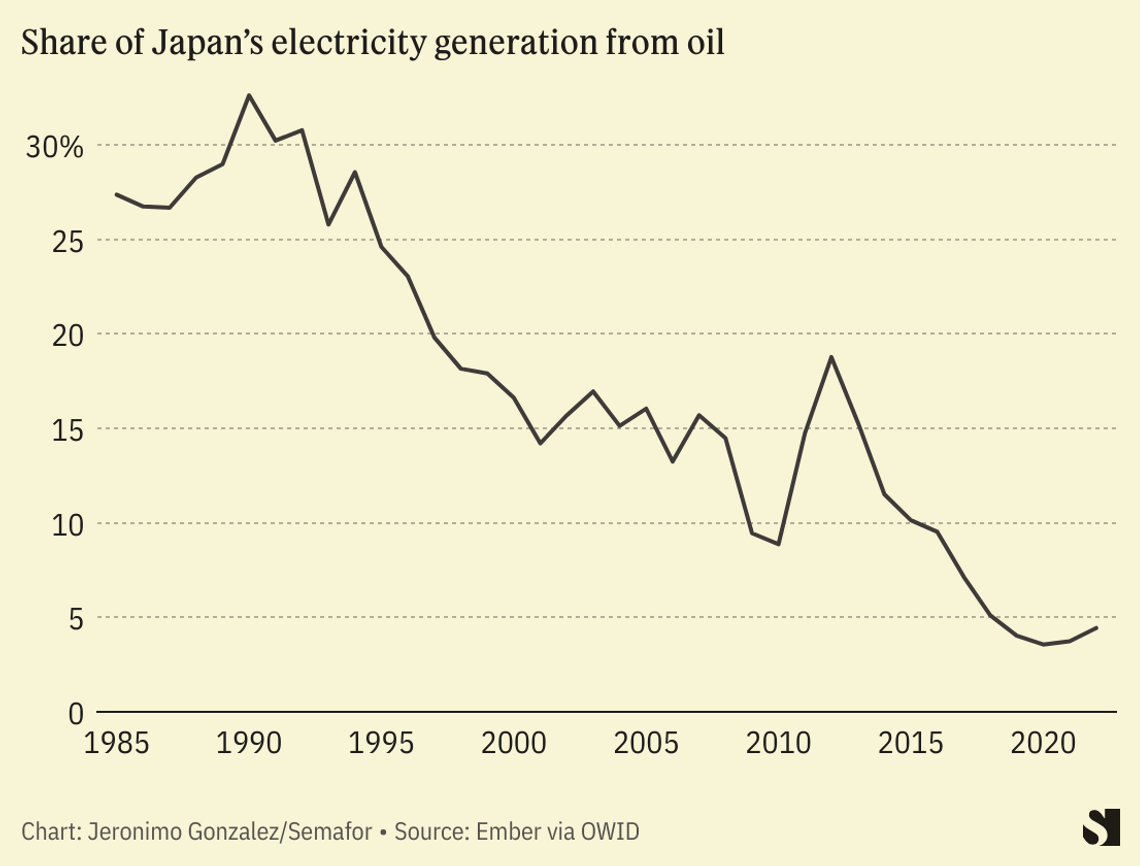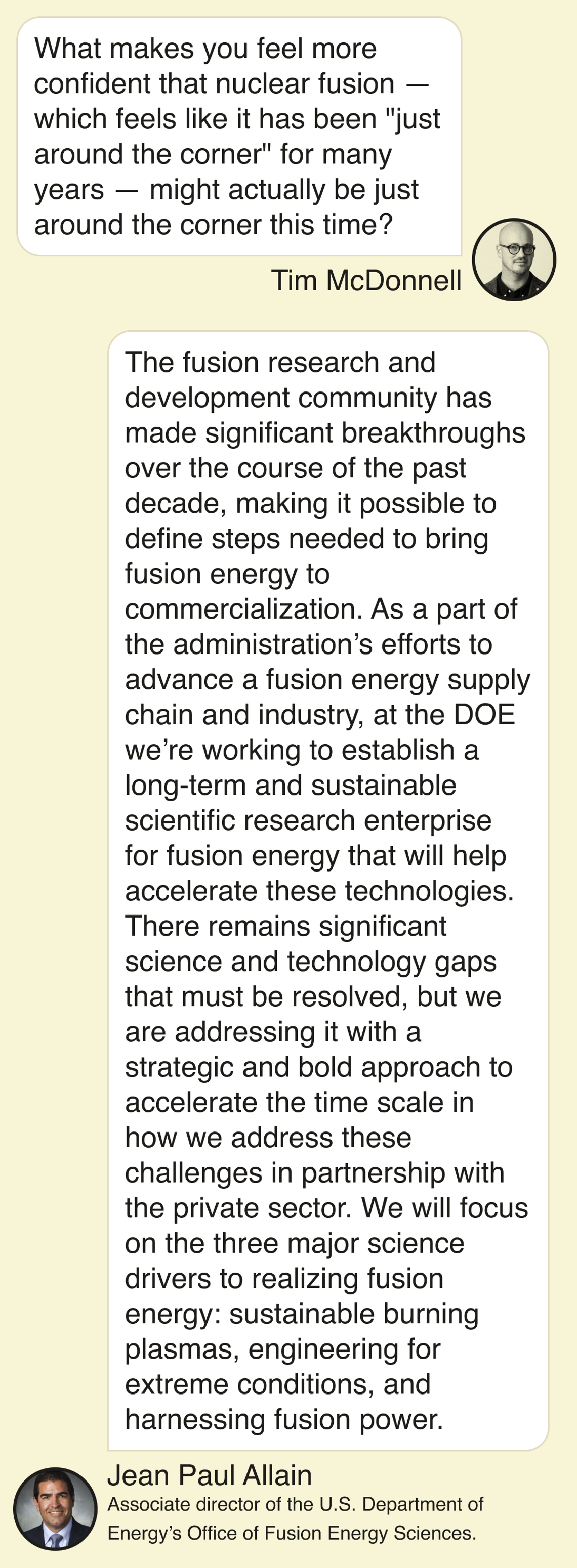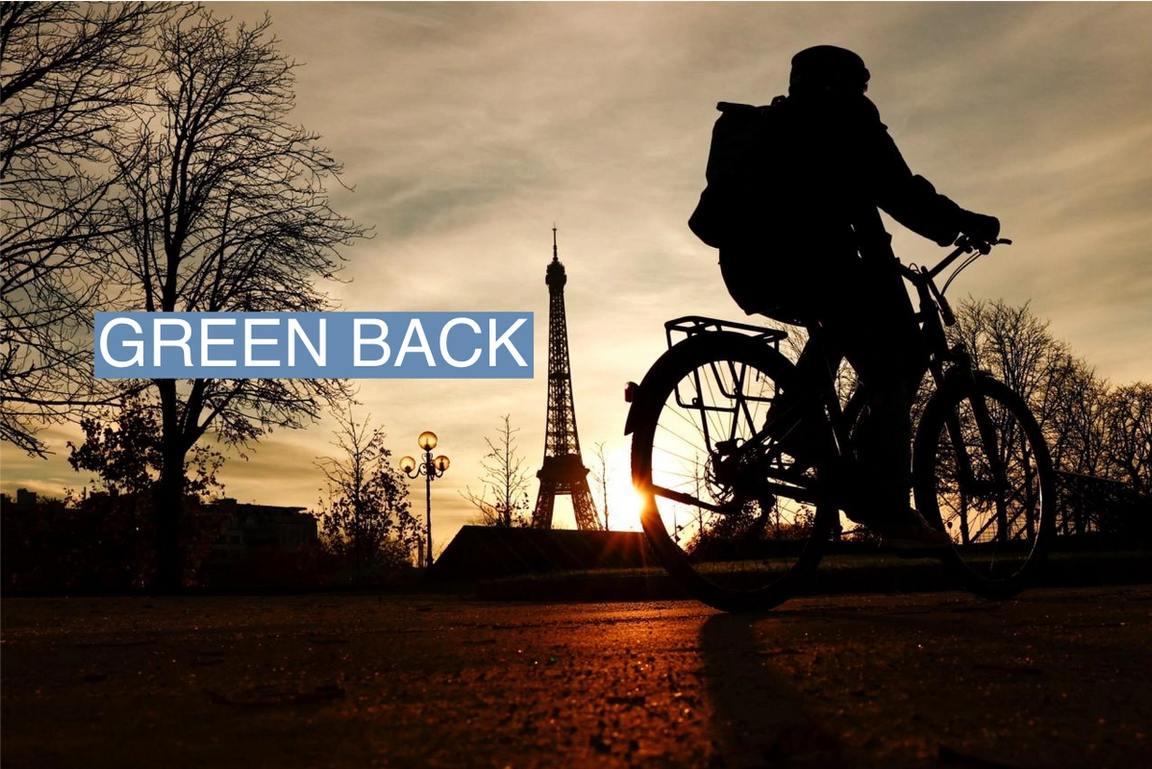 REUTERS/Gonzalo Fuentes REUTERS/Gonzalo FuentesA move by France’s second-biggest bank to stop financing new fossil-fuel projects highlighted the growing divide between European lenders and those elsewhere in the world when it comes to funding coal, oil, and gas extraction. Crédit Agricole said on Thursday it would publish its exposure to the fossil-fuel sector as part of new climate targets that will see it also triple annual financing of renewable-energy projects to €3 billion ($3.3 billion), and cut financed carbon emissions in the fossil-fuel industry by 75% by 2030, as against a prior target of 30%. Activists acknowledged the bank had taken a significant step, but argued it had not gone far enough, even compared to rivals such as HSBC and Societe Generale. The comparisons there are crucial, in that they are European banks (albeit ones with global footprints). Lenders from the continent have far outpaced those in the U.S. and Asia when it comes to ceasing funding of new fossil-fuel projects. Even among non-private lenders, the European Bank for Reconstruction and Development’s energy-sector strategy for 2024-2028, approved this week, bars investment in upstream oil and gas, and sets a number of restrictions on any downstream projects, notably that they must “go beyond” Paris Agreement goals. Banks in other parts of the world are far worse offenders. Whereas Crédit Agricole financed $89 billion towards fossil-fuel projects between 2016 and 2022, JPMorgan Chase was responsible for $434.1 billion, according to the Banking on Climate Chaos report, which is compiled by several NGOs including the Sierra Club and the Rainforest Action Network. Of the 10 worst offenders, only one was headquartered in Europe: Barclays. (Crédit Agricole ranked 23rd on the list.) Globally, there is some good news: The overall total in global fossil-fuel financing last year was the lowest on record. | 

